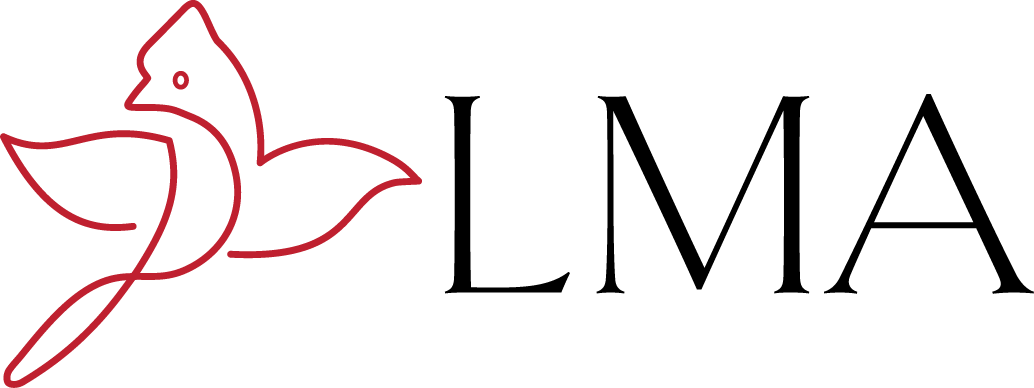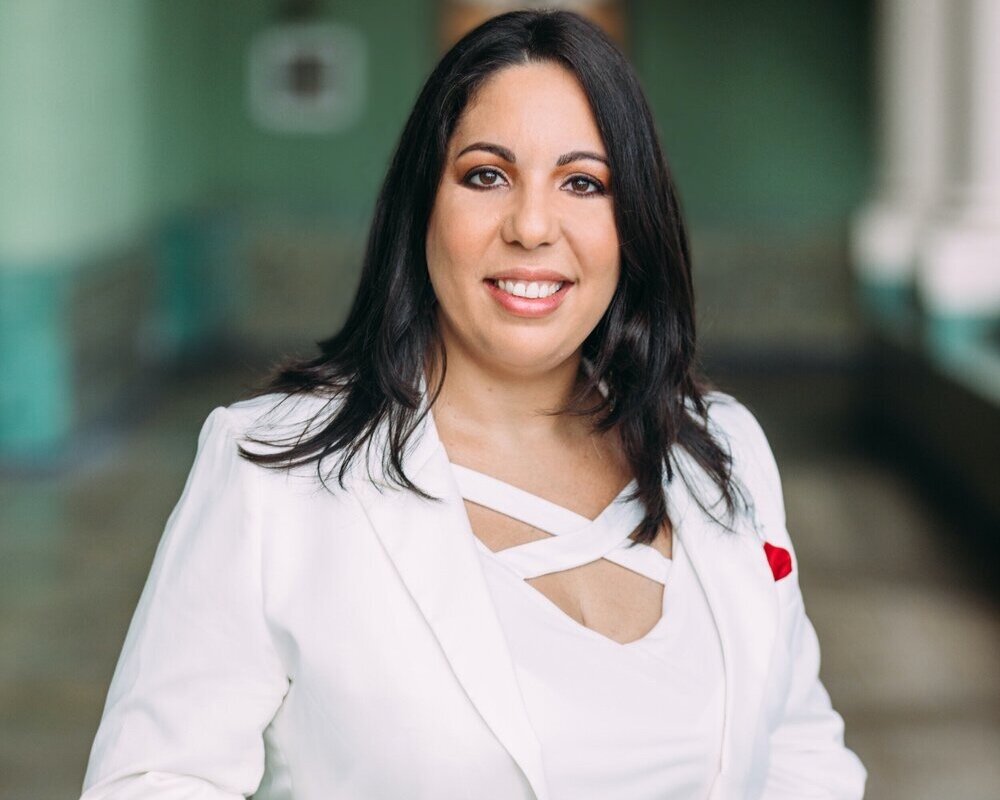Managing Stress
Written by Lisbet Fernandez-Vina
3 Game-Changing Tips to Manage Stress this Year
Stress is not new to anyone, but a challenging last year exacerbated anxiety levels and hindered our ability to manage stress.
Thankfully, no matter how crazy things get around us, we always have a choice on how to respond, rather than react to life’s demands and challenges, and can learn how to properly cope with and manage stress.
2020 deserves an Oscar for the “Best Stressor of a Lifetime Award.” As a community, we have endured a deadly pandemic, murder hornets, wildfires, violent protests, a divided election, and so much more. Life as we knew it came to a grinding halt earlier this year. Now we are dealing with remote working conditions, social distancing, and living in a world full of masks without being able to share a hug, a handshake, and sometimes, not even a smile.
In a recent survey, published by the American Physiological Association (APA), it was found that the levels of stress amongst adults in America are significantly higher this year than the average stress levels reported in the previous year. This poll also marks the first significant increase in average reported stress since the survey began in 2007. According to the study, the situation is worse for teenagers and younger adults as the statics show that Gen Z teens (ages 13-17) and Gen Z adults (ages 18-23) are already reporting symptoms of depression.
APA concludes that “we are facing a national mental health crisis that could yield serious health and social consequences for years to come.”
You’re in Control: Responding Rather Reacting
The reality is that no matter how crazy things get around us, we always have a choice on how to respond, rather than react to the demands of life and the external stressors that are always present. Making better decisions and responding instead of reacting is only possible when our minds are at ease and we are not being held captive by our self-limiting thoughts and negative emotions. If you are interested in learning more about this subject, watch Tara Brach’s “Learning to Respond Not React” talk.
3 Ways to Deal with Stress
To better deal with the daily stressors of the “new normal,” we have gathered here three game-changing ways that could help you cultivate a habit of responding rather than reacting to the stressors around us, especially as we get close to the holidays.
1. Unplug from Technology for 24 hours
If you are looking for a quick way to recharge and refresh your outlook on life, taking a sabbatical from technology (even if just for one day) might just be the quick fix you were looking for. Unplugging from technology, even for a couple of hours, can help you reduce the levels of stress and allow our minds to quiet down and step out of information overload.
With everything from emails, texts, calls, social media notifications, video, and anything we want at the touch of our fingertips, adults in the US spend over 11 hours per day on their phones, according to media research giant, Nielsen. We are so consumed by our phones that the National Safety Council estimates that 1 out of every 4 car accidents in the United States is caused by texting and driving.
2. Practice Mindfulness
According to the well-known scientist, writer, and meditation teacher Jon Kabat Zinn, mindfulness is “the awareness that arises from paying attention in a particular way to the present moment, on purpose and without judgment.” Rather than a natural ability, mindfulness is a skill that can be acquired through practice and there are plenty of ways in which to go about that.
A recent Harvard study that zeros in on the effects of mindfulness training found that mindfulness can help individuals learn to have a less reactive and more adaptive response to anxiety-provoking stimuli.
Through practicing mindfulness, we begin to create a stronger relationship between our mind and body, which in turn builds resiliency in the face of difficulty. This switch in our habitual ways of being will liberate you from reacting by creating space between the stimulus and the response.
There is no right or wrong way to practice mindfulness, with simply taking a few minutes of your day to sit in silence and pay attention to your breath, directing our awareness to the present moment will bring immediate relief to any stressful day. There are also a handful of apps out there like Insight Timer and Headspace, that offer guided mindful meditations. If you are interested in a more immersive experience, check out our 8-week mindfulness-based stress reduction (MBSR) program.
3. Cultivate a little bit of silence
Although complete silence is impossible as there’s no switch for turning off all sound, being able to hold the space for silence seems to have a positive impact on our minds and bodies. Studies show that keeping silent offers significant health advantages that boost overall well-being such as lowering blood pressure and improving the body’s immune system. Another study even found that just two hours of silence create new cells in the hippocampus, the area of the brain that regulates motivation, emotion, learning, and memory.
Sitting in silence for just 15 minutes can do wonders to our responding capabilities, and not to mention to reduce our body’s stress levels. Another way to hold the space for silence is to spend some time in solitude with nature. This would not only be a mindful activity, but it would also increase your self-compassion and bring balance to your life. If keeping the silence is something that you would like to explore further, you might consider attending a full-day silent retreat like the one featured as part of our MBSR program to help you bask in the beauty of stillness.
How to Get Started
The challenging atmosphere of 2020 and the shocking findings on mental health and our daily habits exemplify the pressing need in our society for programs that increase self-awareness, shift our relationship to stress, and improve our quality of life. At LM&A Consulting, we are committed to being the change we wish to see in the world and believe helping individuals navigate their path to self-awareness is an intrinsic part of it. That’s why we launched a Mindfulness-Based Stress Reduction (MBSR) program that graduated its first class in October 2020. This secular, intensive mindfulness training is being personally taught by me. The purpose is to help people with a host of stress-related physical, emotional and psychological conditions learn how to explore their relationship with stress and make better choices when facing difficult situations. We encourage you to learn more about our MBSR program and sign-up for our next course. You’re not alone—we’re here to help.
About the Author
Lisbet Fernandez-Vina is a mindfulness coach and MBSR teacher in training. To read her full bio, click here.

